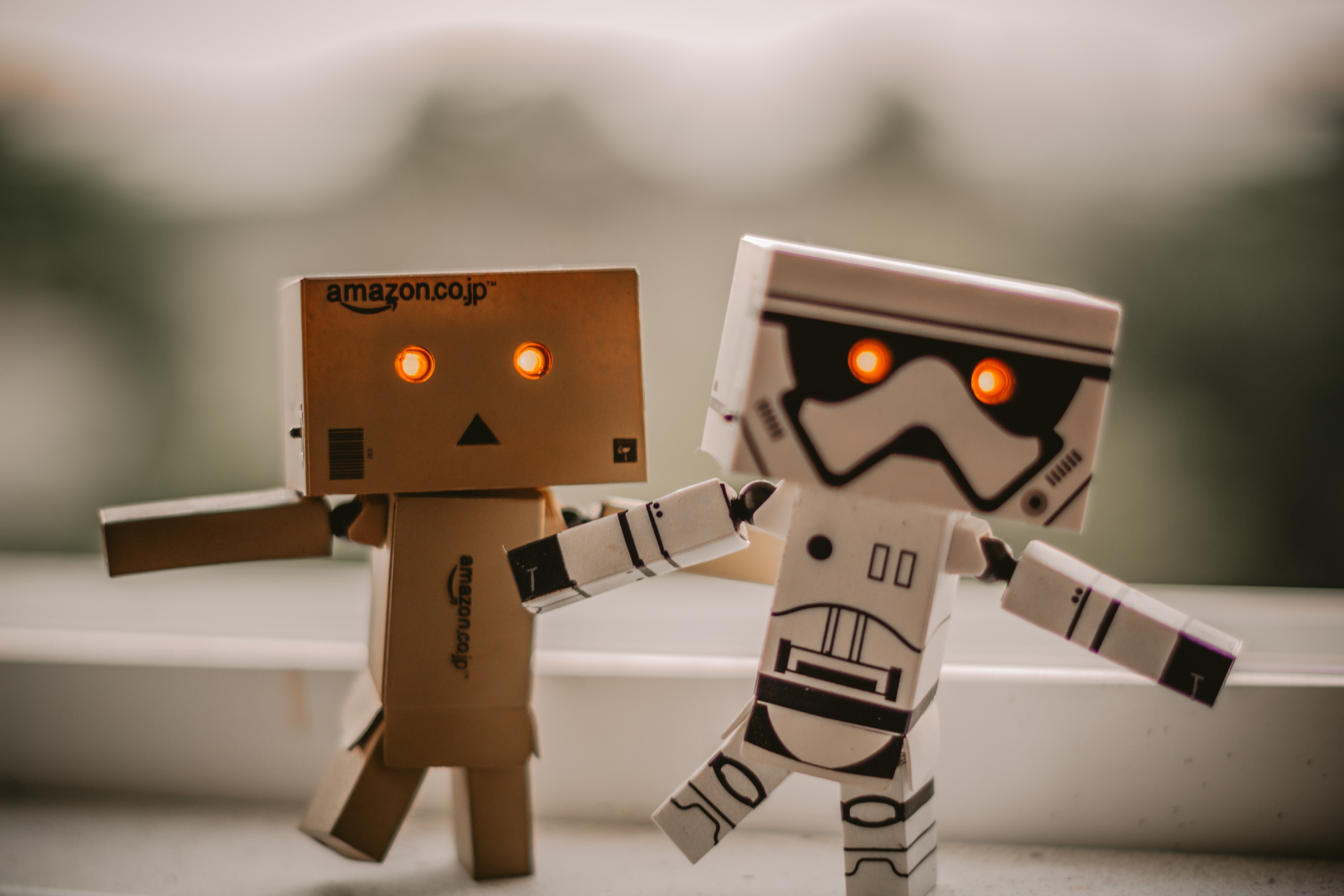The marketing and advertising industry is rapidly undergoing vast technological changes, with Artificial Intelligence emerging as the industry’s favourite new tool.
Artificial Intelligence is gradually making inroads into all industries, and advertising and marketing is no different. Once considered part of the realm of science fiction, AI is actively being researched and developed by major tech companies such as Microsoft, Amazon and IBM to better understand and cater to the needs of their consumers. Not to be left behind – brands, too, are starting to embrace new technologies, particularly in the creation of smart campaigns and buying and selling of digital advertisements. But the good work of AI doesn’t stop just there. Here are some ways in which artificial intelligence is taking the programmatic industry by storm:
- AI greatly improves the programmatic process
It is simply not possible for humans to manually comb through mountains of data. That’s where AI comes in-with its ability to process massive amounts of complex data, AI does most of the heavy lifting when it comes to the programmatic process. Companies are using AI algorithms not just for automating the media buying process, but also to predict campaign success and profitability. On the bidding side, AI smooths tough processes by deciding how much, when and where marketers should place their bid-all before the bidding process takes place! One such example is Downstream.ai, an ad tech start-up that uses AI to automate the exchange and placement of ads across several digital platforms.
- AI drives personalization through targeted ads
The work of marketers does not end at merely purchasing ads and ad space. Artificial Intelligence analyses previously collected consumer data to create demographic profiles and track purchasing preferences, helping marketers determine the ideal target audience for their campaign. Not only does AI allow for increased campaign efficiency through focused and relevant ads, but is also instrumental to achieving better results. For example, both Netflix and Spotify use AI to curate custom mixtapes and watchlists for their users based on their previous consumption patterns. If done right, AI can accurately determine timing, placement and content of ads to precisely target a certain individual, ensuring a highly personalised experience.
- AI can predict future customers
While various technologies can be used to glean insights from an existing database of consumers, artificial intelligence can help marketers predict their potential consumers. Based on existing customer profiles, AI can be used to identify similar individuals or create a custom profile of a future consumer. Companies such as Google have been at the forefront of such technological developments with products such as Smart Goals for its Analytics venture. Fitness brand Under Armour uses a similar technology, but instead of predicting future consumers it uses AI to analyse social media sentiment. This allows Under Armour to position itself as a digital fitness brand, based on consumer feedback.
Despite all of this great potential, AI does not come without its pitfalls. For those unaware of what AI entails, there is the palpable fear of jobs being made obsolete or automated. There are massive costs associated with research and development of artificial intelligence, which may be off-putting to businesses. However, in the marketing context, the benefits of AI far outweigh the perceived problems. Going forward, we believe these technologies will play a crucial role in brand building efforts. The next frontier of AI with regards to advertising technology involves concepts such as voice-based intelligence, entire campaigns created on predicted human behaviour and bots designing campaigns. Are you ready?

